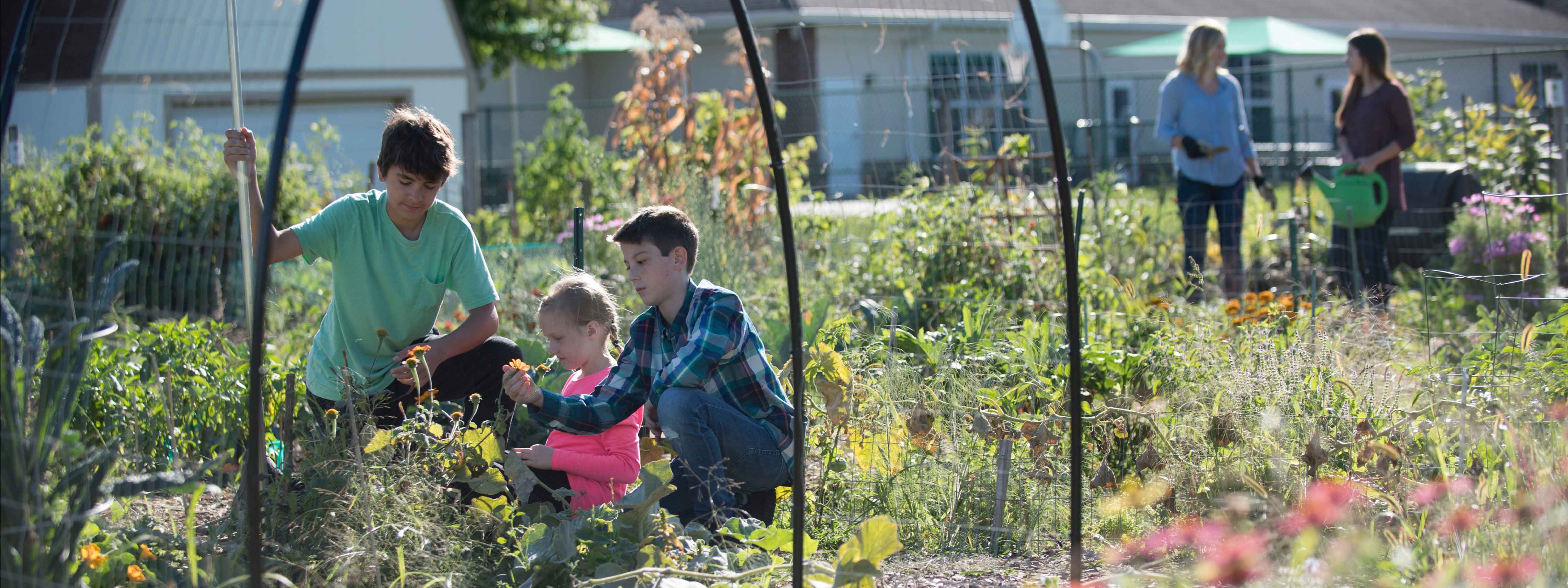
~ by Steve Yoder, Community Development Regional Educator, Purdue Extension
The thought of writing a grant proposal can be intimidating for folks who are new to the process. There are multiple steps involved, multiple people to connect with, and multiple decisions to make. Mistakes sometimes happen along the way—it’s just the nature of the beast.
Fortunately, one way to help avoid making mistakes is to learn from others’ errors. During Purdue Extension’s Beginner’s Guide to Grant Writing workshop, participants meet with a local panel of experts to learn from their experiences. As the moderator, I’ll usually ask the panelists to give examples of what they see as “rookie mistakes” that participants can learn from. Here are three of the most common examples that our panelists share at workshops across Indiana:
- Not following the funder’s instructions. This seems like an obvious error that you’d want to avoid, but it happens. And since funders usually receive more proposals than they can fund, not following their instructions can hinder your chance of becoming funded. Many funders assume that if you can’t follow directions when you are asking for money, you won’t follow directions when it comes to sending in reports and following through with the implementation of your proposal.
- Mistakes in calculating your budget request. This also seems obvious, but it must happen a lot, based on how often panelists mention this error. Budget-related mistakes usually happen in two ways. Sometimes, the numbers in a budget simply don’t add up correctly, so it’s important to have someone double-check your figures. At other times, a piece of the project narrative doesn’t make it into the budget. For example, you might mention that you’ll supply refreshments at an event, but then you’ll forget to include a line item for refreshments in your budget. This is where many funders will withhold points in scoring, noting the discrepancies between the narrative and the budget.
- Assuming that your funder knows your organization and the impact the organization has on the community. Sometimes, proposal writers are so closely tied to the organization they represent that they fail to realize that folks outside of their organization may not fully understand all the work they do. It’s important to make your organization shine and stand out from the rest of the proposals—and show why it’s worth funding.




